End the Animal testing for Cosmetic products!
Posted on November 28th, 2020
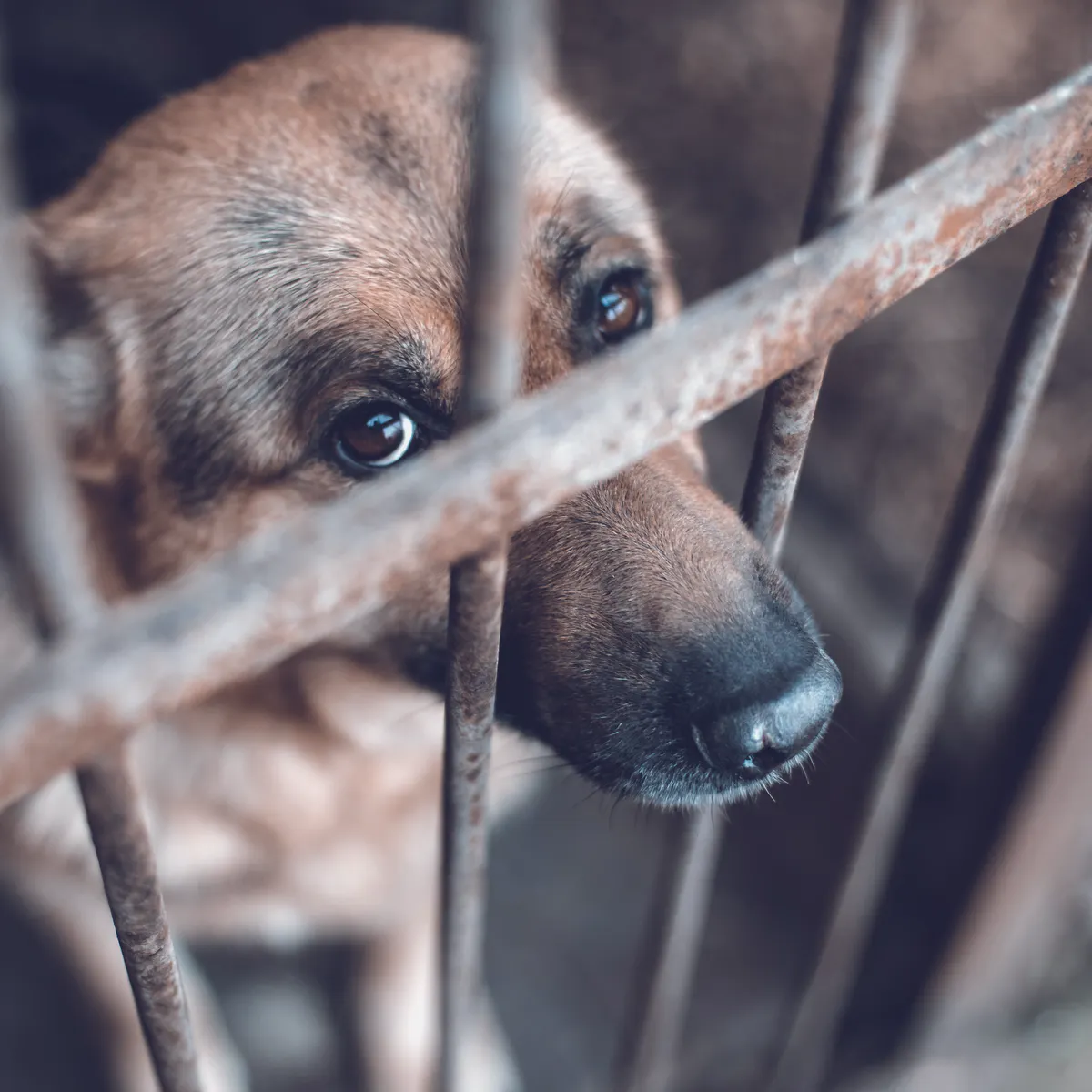
Cosmetic products have become an integral part of our life. Most people are unaware of the correlation between the cosmetics industry and the horrific treatment of animals. Humane Society International estimates that 100,000–200,000 animals suffer and die every year due to cosmetic testing. Brands use cosmetic testing on animals because they are held to a safety standard for the chemicals contained in their products but according to Cruelty Free International, animal testing is pretty pointless; the science of it is ineffective, as animals don’t develop the same diseases humans do. Animal testing is not just cruel, but also the least reliable and most expensive of all the testing methods we have available today. One new ingredient in any cosmetic product used in these tests could lead to the deaths of at least 1,400 animals.
Methods
The animals most frequently used are mice, rats, rabbits and guinea pigs.
In these tests for cosmetic products, they suffer through evaluations for skin irritation, eye irritation and any kind of toxicity. In these tests, the animals have chemicals forced down their throats, into their eyes and onto their shaved skin in order to document their reaction to ensure the safe use for humans. This in turn can cause severe damage to the animal, or worse—death. These studies commonly last for weeks or months to view signals of illnesses or health hazards, many chemicals frequently causing cancer or birth defects.
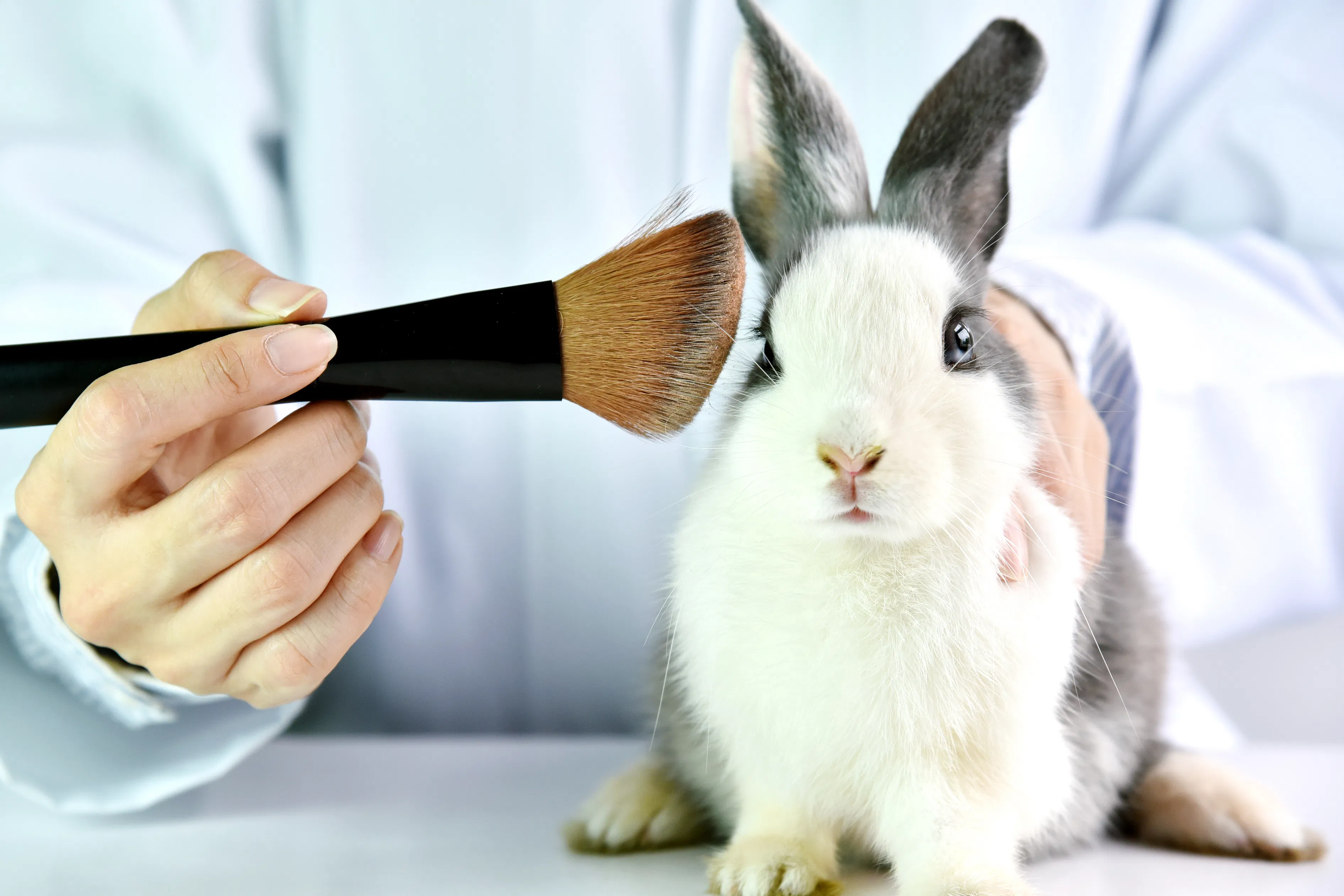
Even while being killed during painful processes such as by decapitation, neck-breaking or asphyxiations, the animals never receive any sort of pain relief medications. What if we are forced to take poisonous substance, being sprayed over with poisonous liquid… sounds terrifying ,right?
BUT this doesn't mean that we should instead put humans in danger.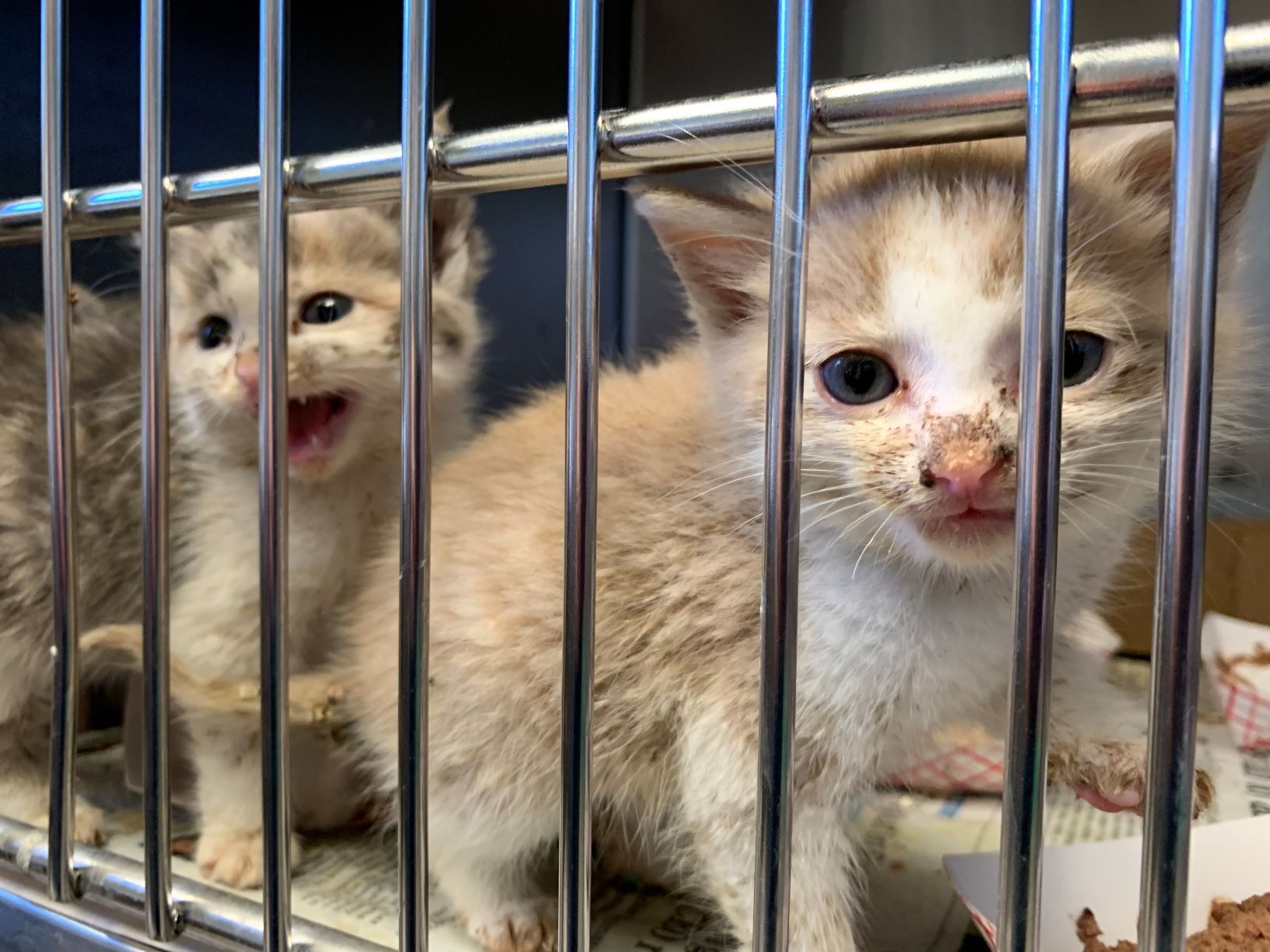
Alternatives to Animal Testing
Although most consumers are unaware, companies can use various cruelty-free alternatives to test their products – with recent advancements most are even faster, cheaper and more accurate at predicting human reactions than animal testing. Many of these methods can be completed within 48-96 hours, whereas the results of animal testing are collected for up to 21 days. These methods include cell cultures, human cells, protozoa. Human cells are grown and replicated in laboratories. Scientists have progressed as far as creating 3D structures, and even devices that mimic body organs such as the heart and lungs. These lab-produced simulations can provide testing on skin cells and organs that can show exceedingly more accurate results of irritation and other issues than in animal testing.
Out of all the cosmetic tests, the Protozoa tests stands out due to its time efficiency and accuracy. Single-celled organisms are placed in an enclosed environment along with the precarious new product. If the protozoa grow at a standard rate, the cosmetic product is safe. On the other hand, if the organisms decrease in size or population, the new product is harmful to humans.
Polls have shown that most consumers would prefer to use products from companies that do not test on animals
Legal Actions on Animal Testing
Today in four out of every five countries, it’s still legal to use rabbits and other animals in cruel toxicity tests of cosmetic products and their ingredients.
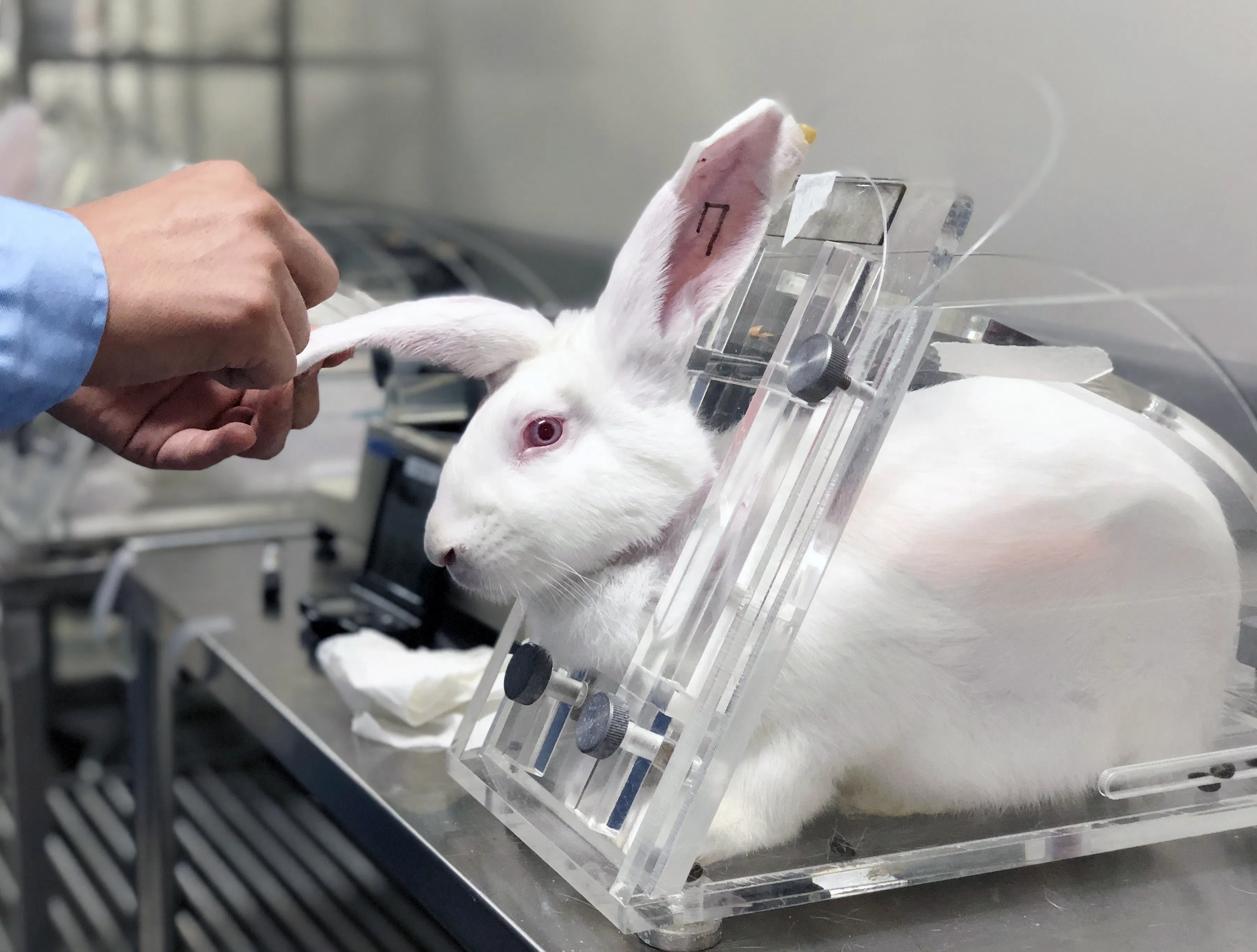
Testing isn’t required in the US, but it’s now illegal in the UK, EU, Australia, India, Israel, New Zealand, Norway, Switzerland, Turkey, and more. When these cruel and archaic tests on animals are banned or ended, it forces the industry to reinvest its time and resources in researching and developing non-animal test methods.
China is considered the largest market to have a blanket requirement for tests on animals for cosmetics. Unethical treatment of animals for testing in the cosmetics industry is still not banned in China, meaning that companies that sell there can still perform tests on animals.
Nowadays, a number of beauty care and cosmetic companies promote their products with label claims like “Cruelty-Free” or “Not Tested on Animals”. However, as there are no legal definitions for these terms, you can’t always trust them to be true. While some companies apply these claims to their finished products, they may still rely on raw material suppliers or contract laboratories that perform testing on animals.
Regardless, some companies continue to do animal testing as a kind of legal protection against a lawsuit if a product harms a person. They may use the animal tests as evidence that they used “due diligence” in conducting safety testing.
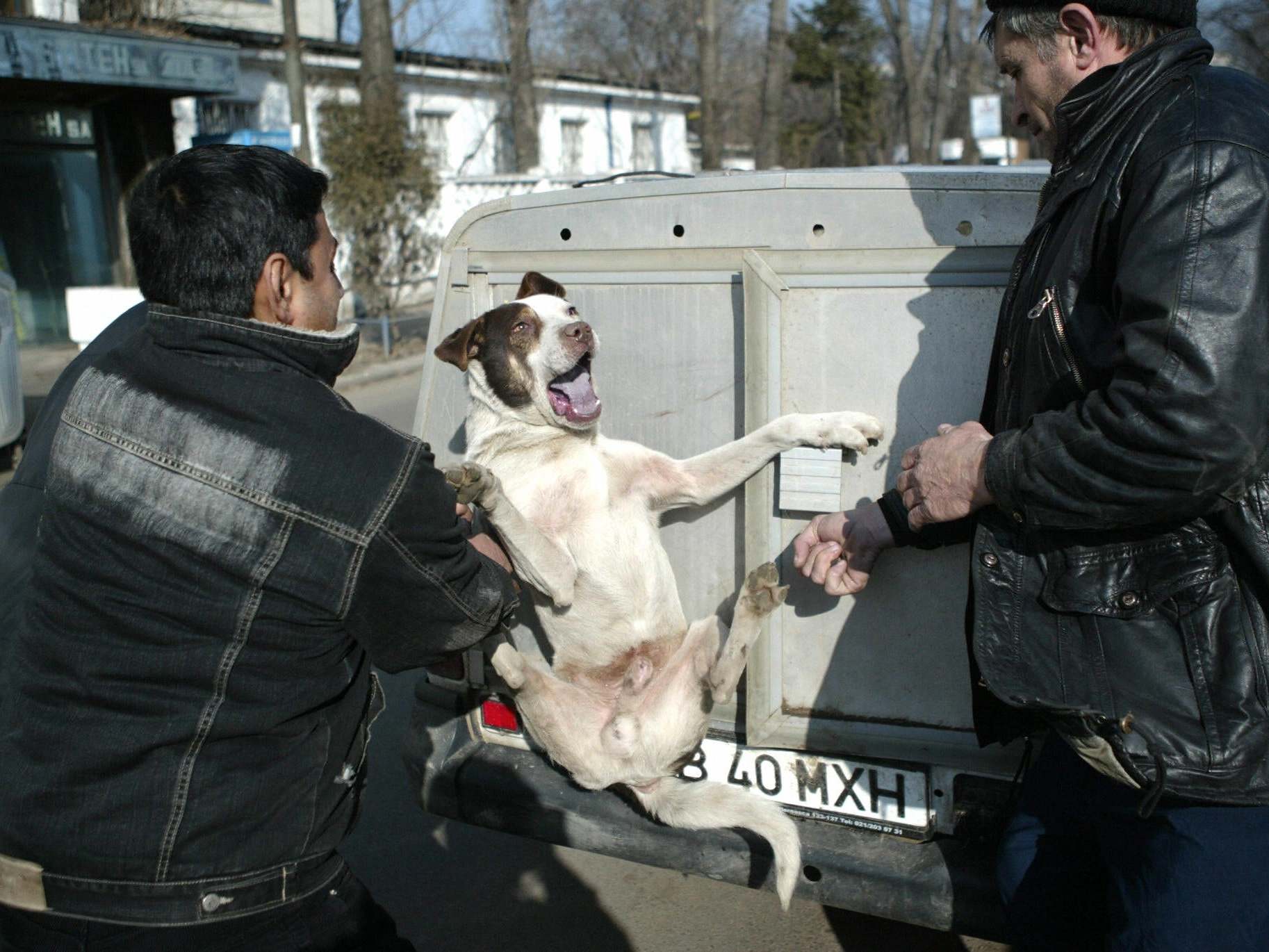
What Can We Do?
For those of you that want to make the first step towards conservation, towards a healthy respect for your co-beings on this planet, do the following to put a permanent stop to this unethical act.
- Reach Out to your favourite brands.
- If some of your favourite brands still test cosmetics on animals, let them know that this is no longer acceptable to you.
- Send them an email explaining that although their products are great, treating animals respectfully is important to you. Kindly inform them that they’ve lost you as a customer as a result of their animal testing practices. Tell them that you’d love to see them change their testing policy and go cruelty free.
- Spread the message.
- Join us in our efforts to stop animal testing for cosmetics throughout the world!
- Educating others can be really helpful. Most people are not aware of the effects that the cosmetics industry has on animals. Who would have guessed that animals die just so we can have longer lashes?
- Making Smart Consumer Choices.
- Next time you’re shopping for makeup or cosmetics generally, just think about the horrible animal testing practices. When deciding which brand to pick, check whether it’s been tested on animals. We can make a huge change by making at least some of our consumer choices more informed.
- Here is the list of some cruelty free Indian cosmetic brands:
- Plum Goodness
- Bon Organics
- Soul Tree
- Just Herbs
- Khadi Natural
- Forest Essentials
- Rustic Arts
- Vicco
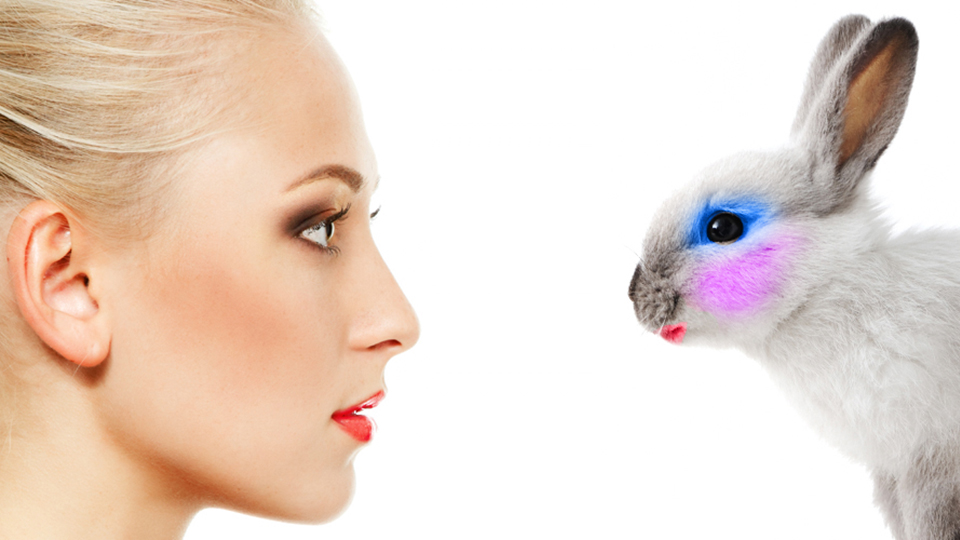
Choosing another brand of mascara to save one animal life is definitely worth it.